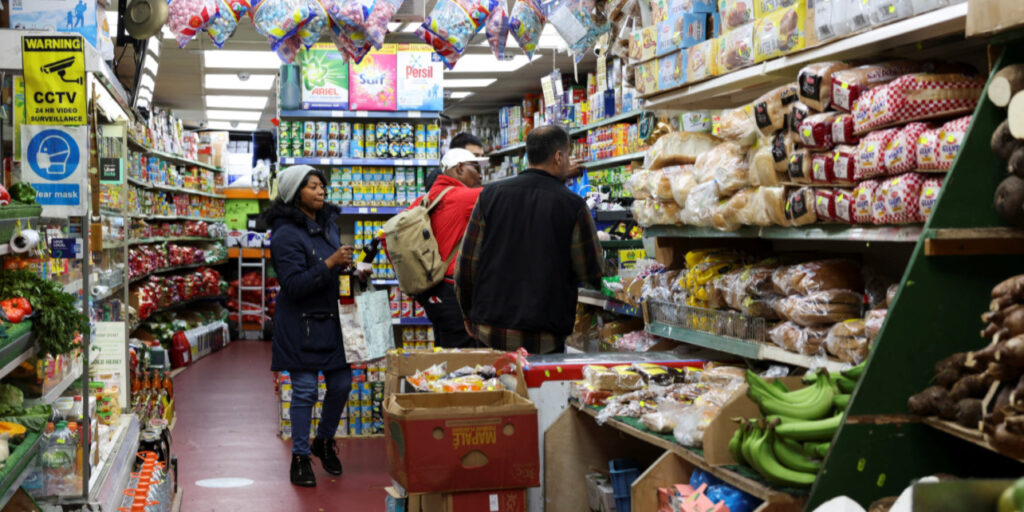The UK’s inflation rate unexpectedly dipped to 2.5% in December, down from 2.6% in November, according to the Office for National Statistics (ONS).
This marks the first decline in three months, driven by falling hotel prices and slower increases in tobacco costs.
The news has sparked speculation about a potential interest rate cut by the Bank of England, as inflation remains above the target rate of 2%.
While inflation cooled slightly, the cost of fuel and second-hand cars continued to rise, offsetting some of the decreases. Grant Fitzner, ONS chief economist, noted that tobacco prices increased less than they did in December 2023, contributing to the overall slowdown in inflation.
It’s important to note that a decline in inflation doesn’t mean prices are dropping—only that they’re rising at a slower pace.
The unexpected dip comes as a relief to Chancellor Rachel Reeves, who has faced criticism over a weakening pound and surging government borrowing costs. Following the announcement, borrowing costs eased, and the pound rose slightly to $1.22.
Reeves emphasised the government’s commitment to tackling the cost of living crisis, stating, “We’ve taken action to protect working people’s pay from higher taxes and increased the minimum wage. However, there’s still work to be done to support families across the country.”
Shadow Chancellor Mel Stride criticised the government, claiming its policies have “killed economic growth.”
The Bank of England held interest rates steady at 4.75% in its last meeting, citing poor economic performance.
However, the latest inflation figures could influence its next decision in February. Economists, including Ruth Gregory from Capital Economics, suggest the data strengthens the case for a 0.25% rate cut.
The hospitality sector, already grappling with rising costs, remains cautious about the future. Jonny Gettings, director of Ennio’s restaurant and hotel in Southampton, described the business outlook as “considerably worse,” citing upcoming tax and wage increases as key challenges.
“”You can only charge so much for a menu item before the guest is going to say, well, hang on a minute,” Gettings said.
High inflation continues to impact households, with elevated costs for loans, mortgages, and credit cards. Businesses are also under pressure to balance rising expenses with maintaining customer loyalty.
Investors and analysts are closely watching the government’s next steps. Chancellor Reeves is expected to unveil elements of Labour’s industrial strategy within the next two weeks.
Jane Sydenham, investment director at Rathbones Investment Management, stated, “We just need to see some detail – are there going to be some tax breaks for certain industries? I think specifics and action is what the market wants to see.”


